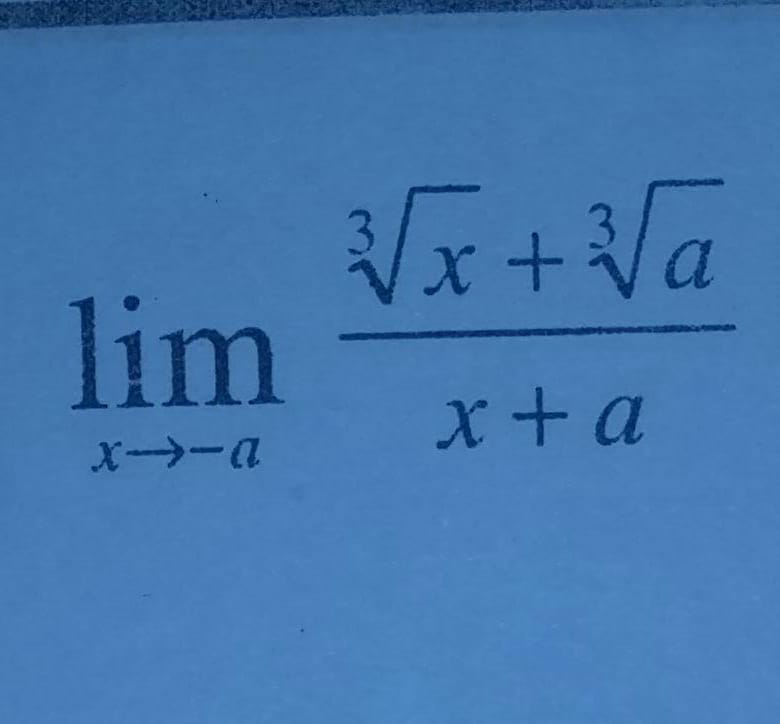
AllQuestion and Answers: Page 1354
Question Number 78717 Answers: 0 Comments: 2
Question Number 78709 Answers: 2 Comments: 1
Question Number 78708 Answers: 2 Comments: 1
Question Number 78707 Answers: 1 Comments: 0
Question Number 78706 Answers: 1 Comments: 0
Question Number 78705 Answers: 1 Comments: 0
Question Number 78703 Answers: 1 Comments: 0
Question Number 78701 Answers: 0 Comments: 1
Question Number 78700 Answers: 0 Comments: 1
Question Number 78685 Answers: 1 Comments: 1
Question Number 78683 Answers: 0 Comments: 4
Question Number 78671 Answers: 1 Comments: 0
$${prove}\:{p}\Rightarrow{q}\:{and}\:{negetion}\:{of}\:{q}\Rightarrow{negation}\:{of}\:{p} \\ $$
Question Number 78670 Answers: 0 Comments: 2
Question Number 78682 Answers: 0 Comments: 2

Question Number 78667 Answers: 1 Comments: 0
Question Number 78694 Answers: 6 Comments: 2
Question Number 78693 Answers: 1 Comments: 3

Question Number 78655 Answers: 1 Comments: 2

Question Number 78652 Answers: 1 Comments: 0

Question Number 78650 Answers: 2 Comments: 4

Question Number 78643 Answers: 0 Comments: 2
Question Number 78635 Answers: 1 Comments: 8

Question Number 78627 Answers: 0 Comments: 0
Question Number 78625 Answers: 0 Comments: 1
Question Number 78624 Answers: 0 Comments: 0
Question Number 78623 Answers: 1 Comments: 0
Pg 1349 Pg 1350 Pg 1351 Pg 1352 Pg 1353 Pg 1354 Pg 1355 Pg 1356 Pg 1357 Pg 1358
